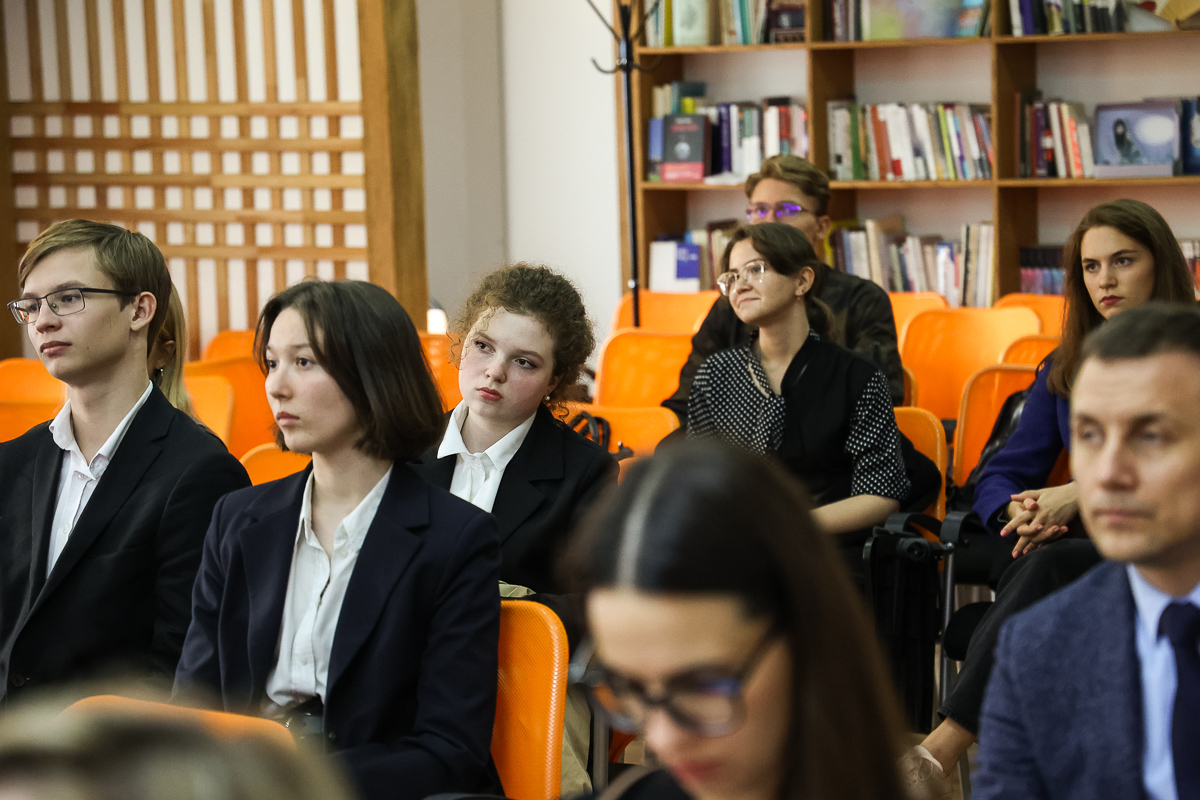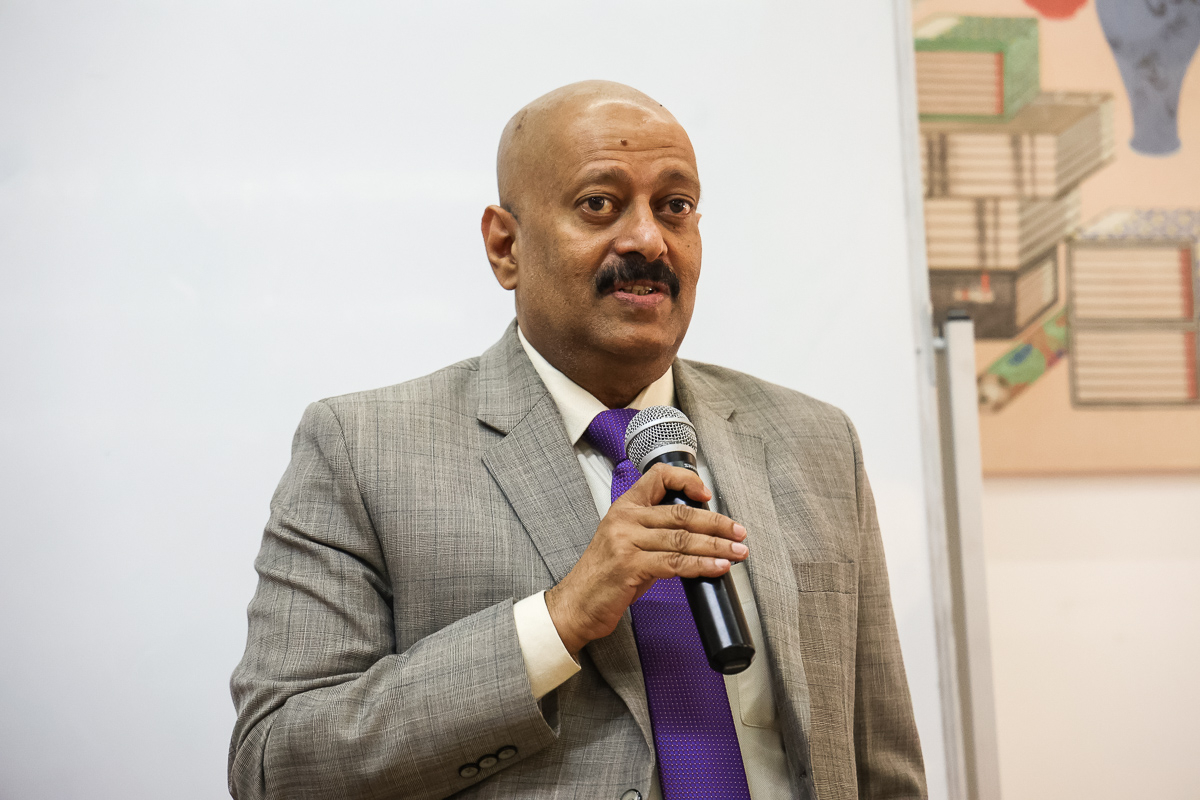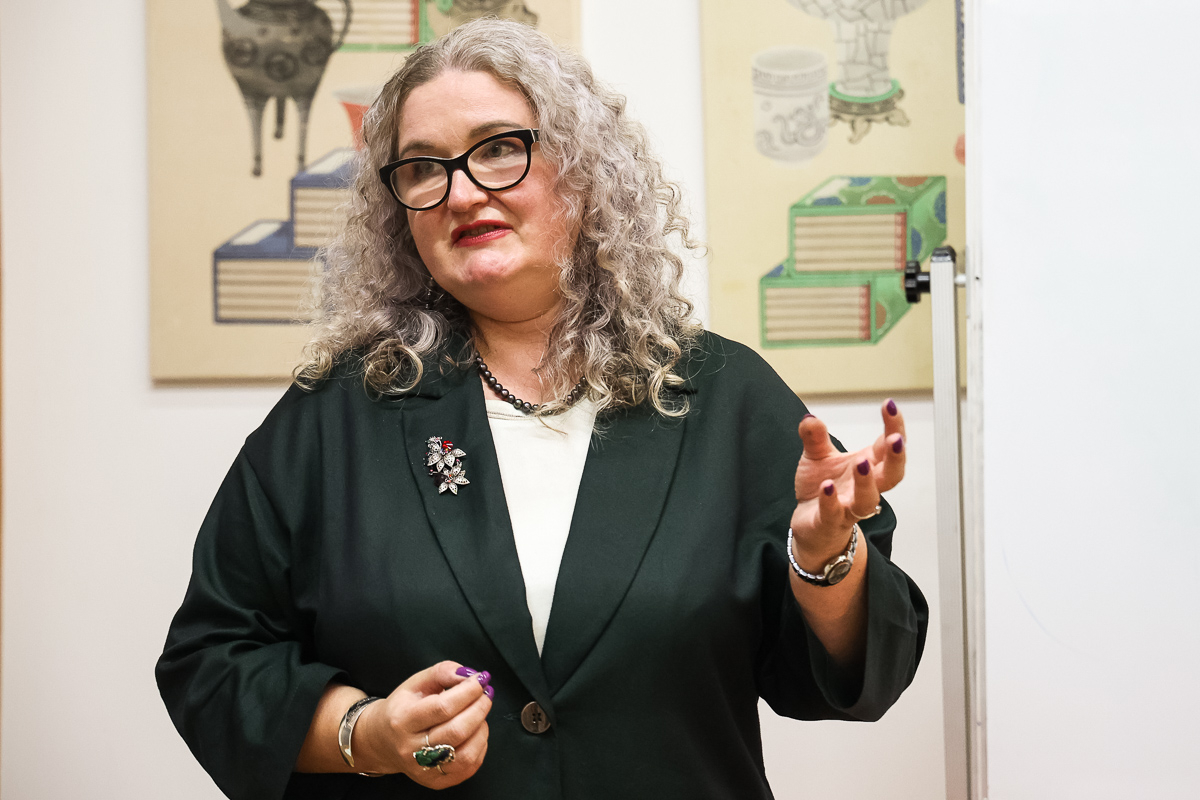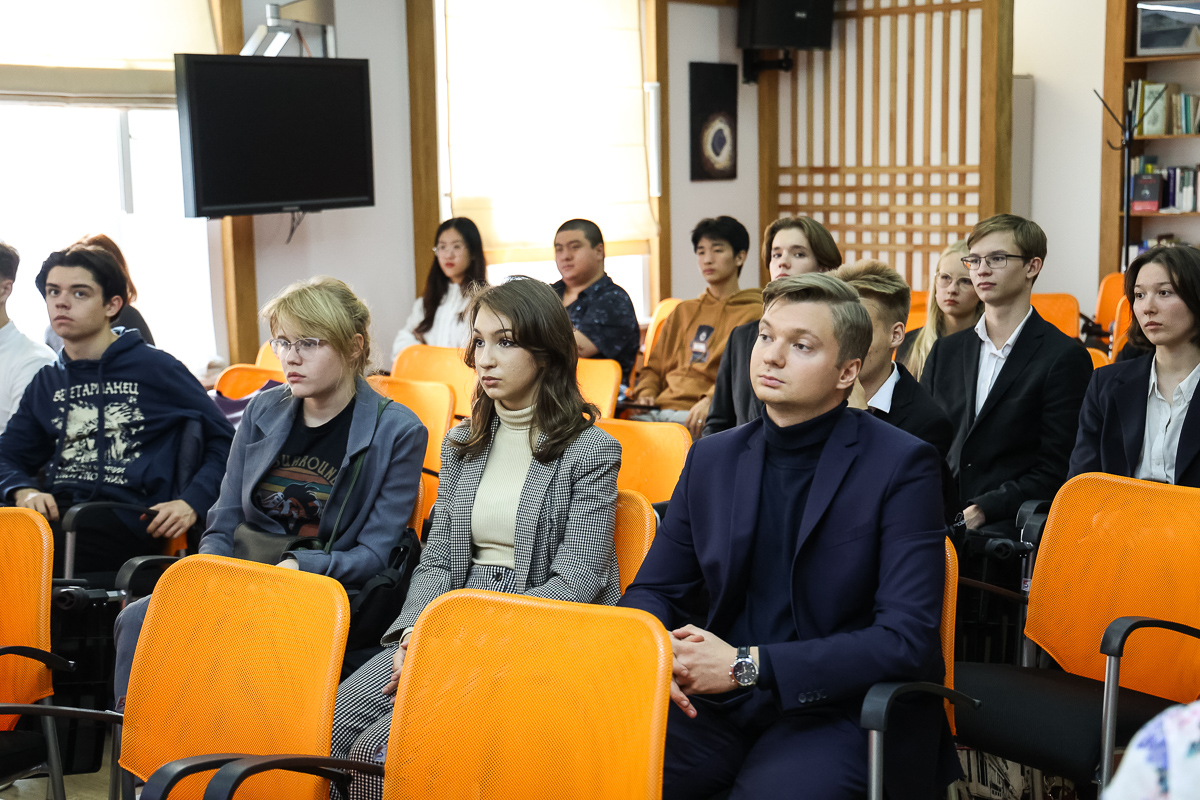‘People-to-people diplomacy is the foundation of relations between our countries’: lecture by Ratish Nair, Honorary Consul of the Russian Federation in India
SPbU hosted a lecture by Ratish Nair, Honorary Consul of the Russian Federation in Trivandrum (India), entitled "Indian-Russian relations — a model of people’s diplomacy". It was attended by teachers and students studying the region, as well as students from St Petersburg schools.
Introducing Mr Ratish Nair to the audience, Sergey Andryushin, Vice-Rector for International Affairs of SPbU, noted that the Honorary Consul makes a significant contribution to the promotion of Russian culture, language and education in India. Sergey Vladimirovich also mentioned the co-operation of SPbU with Indian universities.
We see India as a strategic partner both in bilateral relations and within the BRICS framework. A number of universities, including ours, are now planning to open branch campuses in India. We, in turn, intend to organise many events, including student events, conclude agreements, and are thinking of opening a St Petersburg University Representative Office in India.
Sergey Andryushin, Vice-Rector for International Affairs of SPbU
The meeting marked a further step in the development of the SPbU’s relations with India: Ratish Nair presented Sergey Andryushin with a document from the University of Kerala. The foreign university is ready to invite students to study Malayalam language and experience the country’s culture. Sergey Andryushin thanked Mr Nair and assured that the Rector of the University of Kerala will be invited to visit SPbU, and during the meeting the administrations of the universities will be able to discuss the nuances of cooperation.
Ratish Nair spoke about the history of Russian-Indian relations. ‘More than 800 words in the Russian language are borrowed from Sanskrit. It is a testament to the long history of relations between our countries,’ explained the Honorary Consul.
He noted that Afanasy Nikitin began his journey in 1466 and arrived in India three years later. Next year will mark the remarkable 555th anniversary of this event. Throughout subsequent history, relations between the two countries did not stand still: India gained independence from the British Empire on 15 August 1947, and the USSR opened an embassy in Delhi four months earlier, on 12 April of the same year.
However, Ratish Nair noted that the efforts of governments and diplomats may not be enough to fully develop bilateral relations. A special role in this process is played by people-to-people diplomacy — direct interaction between citizens. This applies to economic ties, for example.
‘Indian businessmen have the impression that Russia is the Russia of the ’90s. They do not understand Russia’s development. Even in Russia, some businessmen think that India is a country of snakes and elephants. Entrepreneurs in both countries should realise that this is a golden opportunity to strengthen trade relations,’ said Ratish Nair.

Another important aspect of people-to-people diplomacy is cultural exchange and education. It is difficult to imagine progress in these areas without the participation of young people, and it is therefore necessary to involve young people from both countries in communication and joint projects. ‘We are friends, but the new generation must understand the importance of people-to-people diplomacy — the foundation of relations between our countries,’ he explained.
At the end of the meeting, Ratish Nair suggested organising online meetings for students to get to know each other, discuss issues of interest and build links not only among themselves but also between Russia and India.




